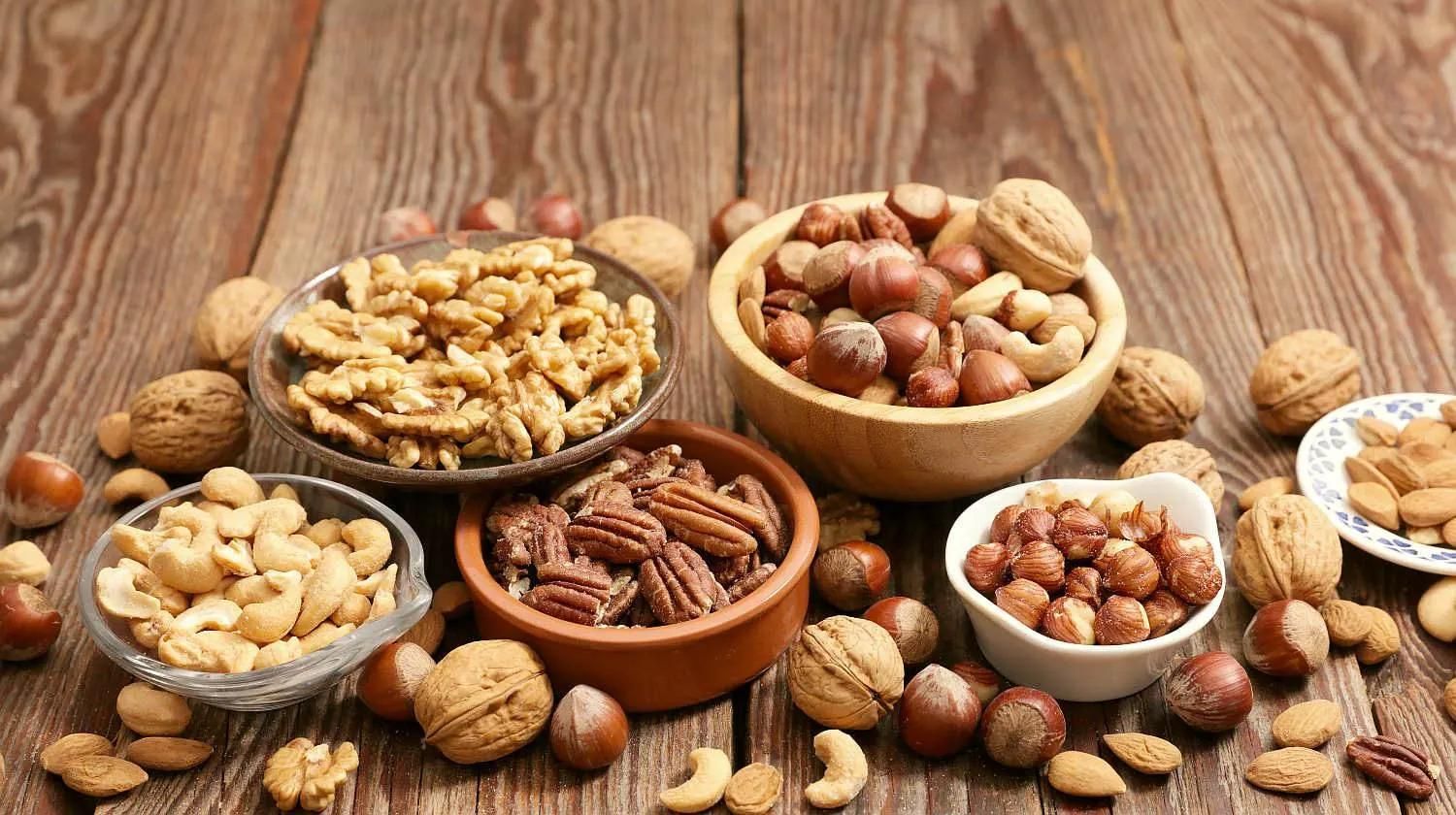This winter, you absolutely need to stock up on and incorporate these seven nuts and seeds into your diet. Make sure to choose fresh nuts and seeds as opposed to those that have been salted, sugared, or covered in chocolate. Consuming such can unnecessarily increase weight.
Pistachios
Pistachios are therefore perhaps the priciest of these nuts and seeds, but they have so many advantages that you should definitely eat them whenever you can during the winter. Pistachios have the same nutritional content as the majority of other nuts and can help you lose weight, reduce your blood sugar and cholesterol levels, and enhance blood circulation. Additionally, pistachios have a delicious flavor and go well in curries, salads, and desserts. Now, you can easily buy pista online anywhere in India.
Pumpkin seeds
Healthy fatty acids and minerals including potassium, phosphorus, manganese, magnesium, zinc, iron, and copper are abundant in pumpkin seeds. In addition to producing enough heat to keep the winter chill at bay, they also contain high concentrations of vitamins and antioxidants that are very beneficial in treating anemia, kidney stones, and prostate diseases. You may add dry-roasted pumpkin seeds to your meals or enjoy them as a snack to add some extra crunch.
Sesame seeds
Sesame seeds, whether they are black or white, are delicious in salads, appetizers, dips, curries, and desserts. Sesame seeds are adaptable and provide your immunity a critical boost. Sesame seeds are a great source of nutrients and antioxidants, just like nuts. If you consume enough sesame seeds during the winter, you can maintain good cardiovascular, respiratory, blood pressure, and cholesterol health. Tahini made at home is a quick and easy way to get sesame seeds into your diet. Simply roast one cup of white sesame seeds at 175 degrees Celsius in a pan or an oven before blending them with 1/4 cup of olive oil to make a paste.
Peanuts
Okay, so technically, peanuts are legume seeds. But when something tastes as wonderful and is as nutritious as peanuts, who cares about classification? Antioxidants, vitamins, and minerals included in peanuts can lower the risk of cancer, high cholesterol, and cardiovascular illnesses. You don't need another excuse to enjoy peanuts, whether they are roasted as a snack or made into the unique winter treat known as chikki!
Cashew nuts
These white, crinkly nuts are notorious for being too fatty. But you need to dispel that myth, not believe it! The polyunsaturated and monounsaturated fatty acids in cashew nuts are potent. To generate heat in your body and keep warm during the winter, your body needs these good fats. Additionally, cashew nuts include a lot of minerals and antioxidants. If you are worried about the quality then make sure to buy cashew online.
Walnuts
Walnuts are excellent for your health since they are high in omega-3 fatty acids and antioxidants. Walnuts also naturally moisturize your skin and give it a healthy sheen, plus they contain anti-inflammatory effects. To generate more body heat and survive the cold, add walnuts to your salads, pastries, and cookies or simply snack on them raw.
Almonds
Have almonds in winter anyway you like: dry roast them, soak them, add them to salads, or just take a handful for a snack. Almonds provide numerous health benefits, including lowering cholesterol and blood sugar levels while enhancing immunity generally. You should just be careful not to remove the almonds' skins, which are packed with antioxidants!




































